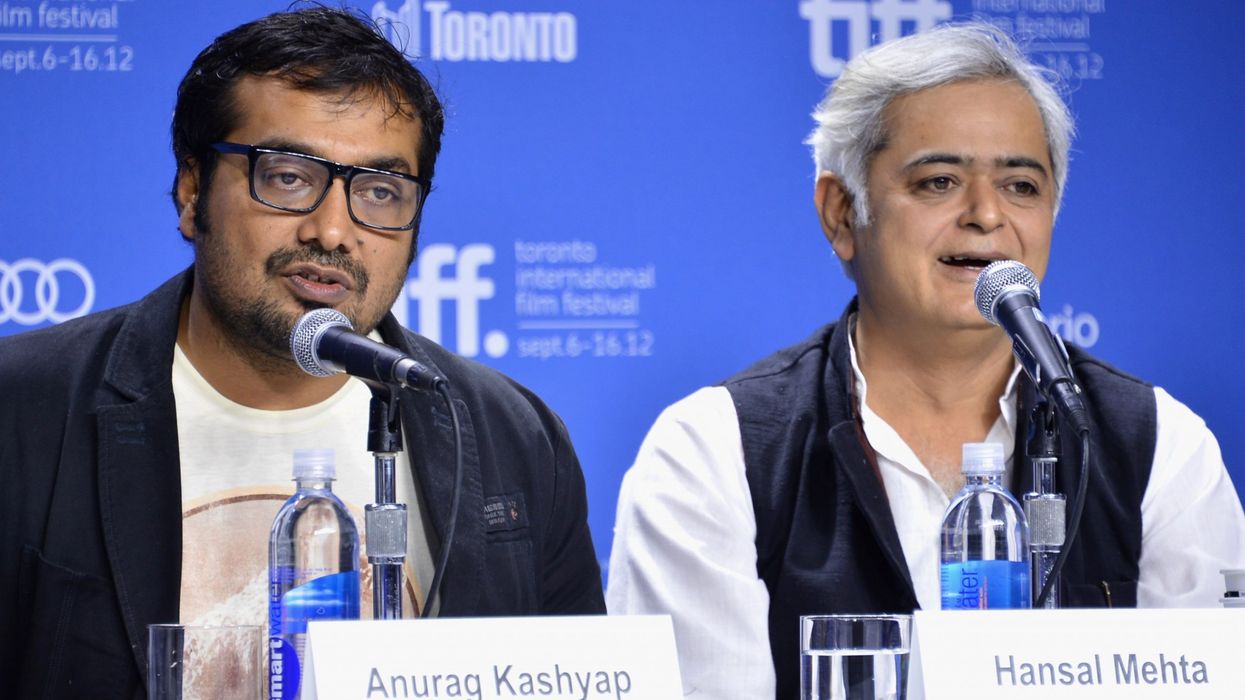The Indian government's proposal to amend the Cinematograph Act is another blow to the film fraternity and will potentially endanger freedom of expression and democratic dissent, says a letter signed by several prominent figures from the industry such as Vishal Bhardwaj, Mira Nair and Pa Ranjith.
The letter, with more than 3,000 signatories, was sent to the Information and Broadcasting Ministry on Friday. The ministry has asked the general public to send their comments on the draft bill by July 2.
On June 18, the government of India had sought public comments on the draft Cinematograph (Amendment) Bill 2021 which proposes to penalise film piracy with a jail term and fine, introduce age-based certification, and empower the Central government to order recertification of an already certified film following receipt of complaints.
The letter says the proposed amendments would render filmmakers “powerless at the hands of the state as more vulnerable to threats, vandalism and intimidation of mob censors”.
“As another blow to the film fraternity, the Ministry of Information and Broadcasting has proposed new amendments to the Cinematograph Act under which the Central Government would have the power to revoke or recall certification of films which have already been cleared by the Censor Board,” the letter reads.
"Undermining the sovereignty of the Censor Board and the Supreme Court, this provision will effectively give the Central Government supreme power over cinema exhibition in the country potentially endangering freedom of expression and democratic dissent," it adds.
The signatories to the letter include filmmakers, actors, cinematographers and writers from across the country such as Anurag Kashyap, Vetri Maaran, Farhan Akhtar, Shabana Azmi, Hansal Mehta, Rakeysh Omprakash Mehra and Rohini Hattangadi as well as prominent names from Malayalam, Tamil, Kannada, Assamese and Bengali cinema. These include Rajeev Ravi, Venu, Lijo Jose Pellimery, Balaji Tharaneetharan, Thiagarajan Kumararaja, Fowzia Fathima, Jayathirtha B V, Supriyo Sen, Suman Mukhopadyay and Bhaskar Hazarika.
Film collectives such as the Ektara Collective and Women in Cinema Collective (WCC) have also signed the letter. Filmmaker Prateek Vats, one of those who drafted the statement, told PTI that the proposal to give the revisionary power to the union government would be a "bad step" and the letter was an attempt from the film industry to register their participation. "… you're decreasing the confidence in the institutional body which the CBFC is. It is important for the film fraternity to raise their concerns and put down their suggestions," Vats said.












